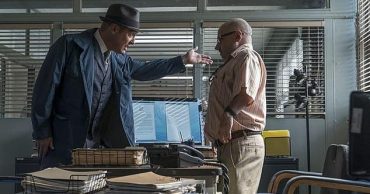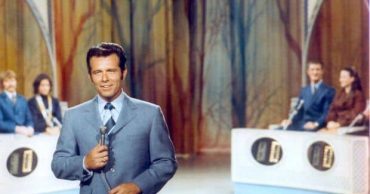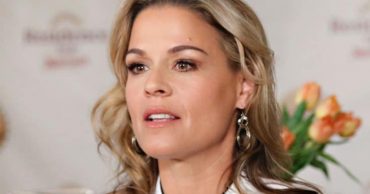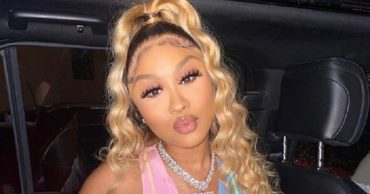If you’ve ever lovingly referred to Andrew McCarthy and his acting cohort as the Brat Pack, know that they detested that label. Coined from an infamous New York Magazine cover story, it’s this complex narrative that his new documentary, Brats, aims to unpack.
More than just a nostalgic journey, Brats offers McCarthy an opportunity to explore how this term froze them in a pop-cultural moment. With the camera rolling, McCarthy — the unforgettable gentle heartthrob alongside Molly Ringwald in Pretty in Pink and the forlorn romantic in St. Elmo’s Fire — reconnects with former co-stars such as Emilio Estevez, Rob Lowe, Ally Sheedy, and Demi Moore.
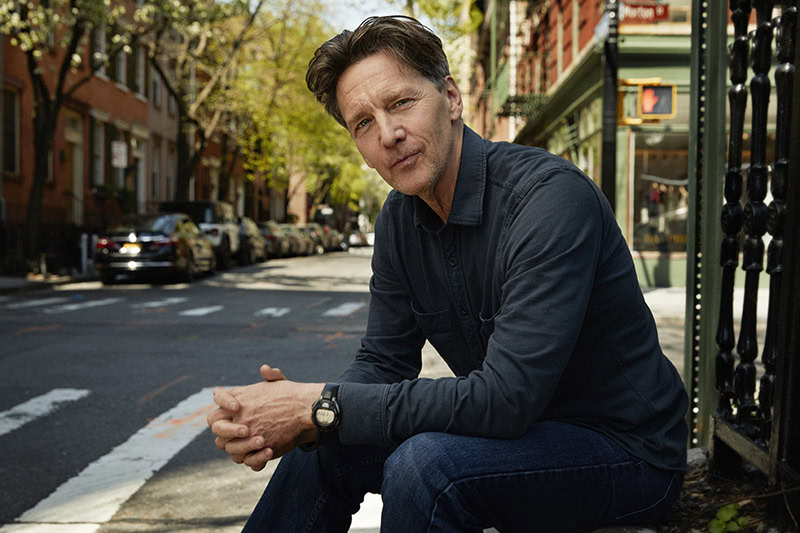
Musing over their iconic status in the realm of ’80s teen culture, McCarthy reflects on how these films signified a pivotal time for many fans: There’s no more wondrous moment in life than when you’re coming of age and blossoming
. The documentary shines as a personal odyssey. As McCarthy notes, Making BRATS was that rare opportunity to dive back into the frozen past and bring it up into the living present.
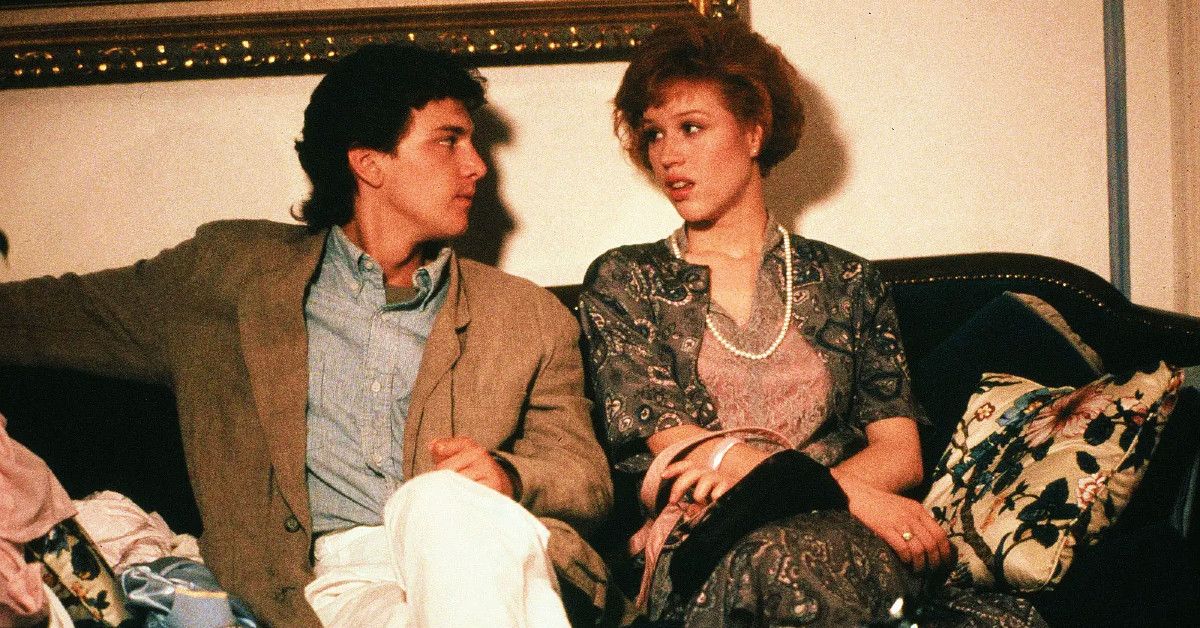
Diving Deep Into 80s Teenscape
The ’80s was rife with vibrant youth culture and Hollywood recognized this. Films like Fast Times at Ridgemont High and The Breakfast Club became synonymous with teen life. For McCarthy, who starred opposite Rob Lowe in 1980’s Class, these roles were both art and artifact. When they look at me, they see their own youth
, he explains.
A Label They Never Embraced
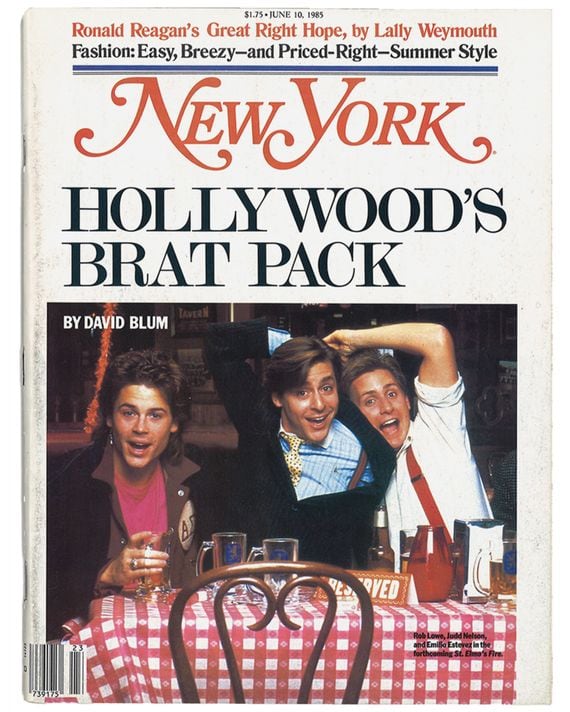
The article by David Blum sardonically encapsulated these rising stars while inadvertently branding them as the ‘Brat Pack’. Despite its initial impression as merely witty journalism, it painted an unflattering picture of young actors who had no professional acting or theater training but who were seen cravenly seeking attention. Estevez’s night out alongside Judd Nelson and Lowe unfurled into a carnival of ’80s snark.
This infamous piece connected a group of actors forever associated with youthful insouciance and high spirits. Reflecting on this experience, McCarthy mentions, I hated this guy…it was a scathing condemnation of these young people.
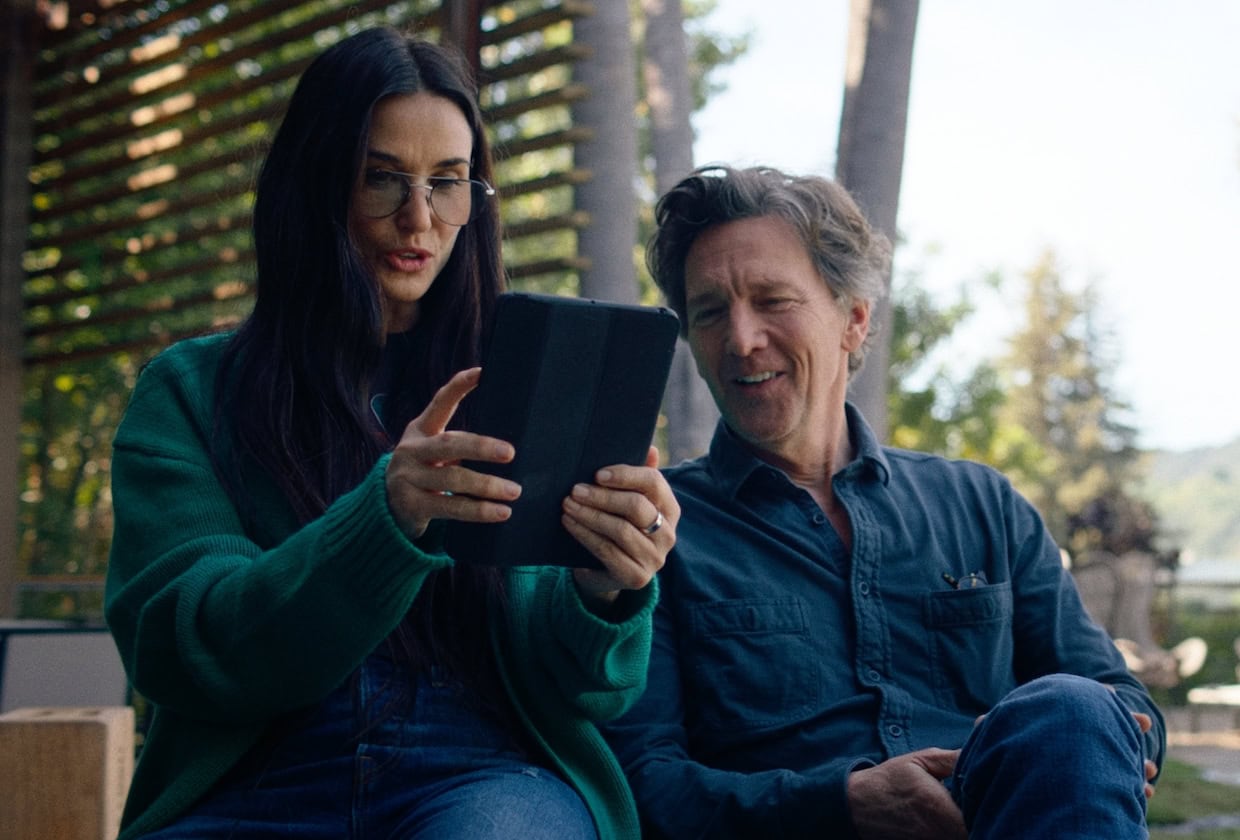
A Personal Retrospection
The so-called Brat Pack eventually went their separate ways. In Brats, Estevez even admits to canceling a project with McCarthy to distance himself from the label. On camera, Jesse Kazmarek provides media insights, dissecting the wider societal impacts. Despite such sentimentality on screen, McCarthy admits his continuing interest lies in how this historical piece impacted him personally rather than some broader journalistic critique.
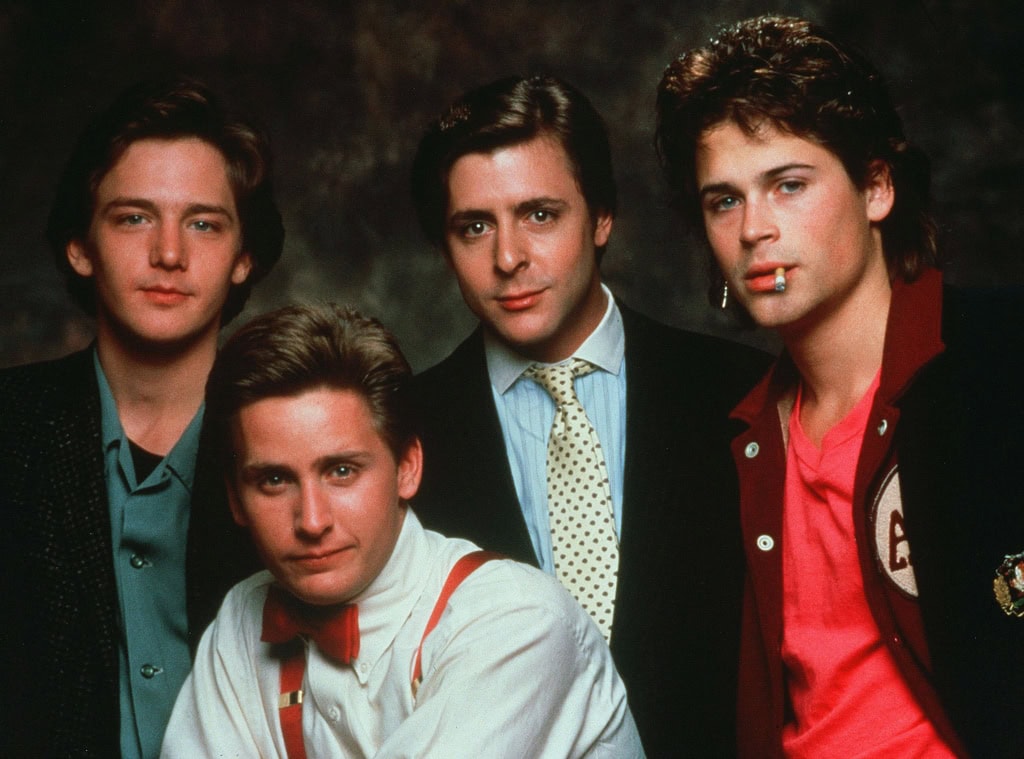
Navigating Past Labels
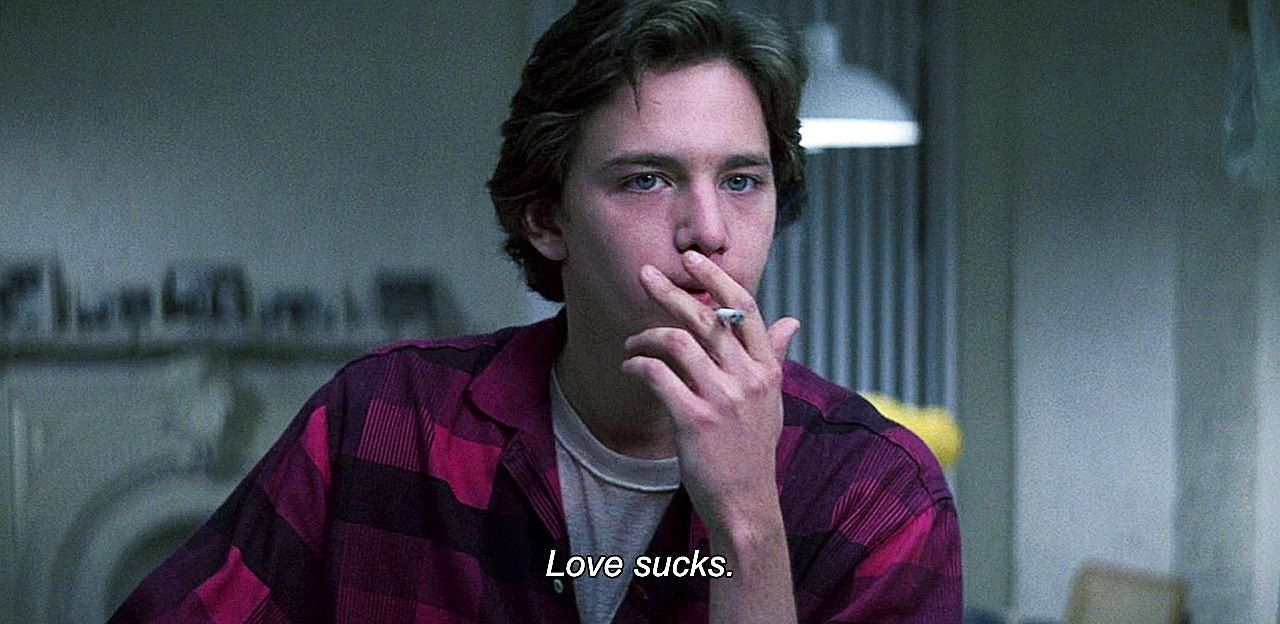
The imprint of the Brat Pack still evokes mixed feelings among its members. Yet despite everything, reunions managed in films like McCarthy’s provide audiences important retrospection on how generational icons influence cultural narratives through time. Reflecting on contemporary equivalents like nepo babies mentioned in New York Magazine cover stories reveals complex generational divides: If it had come out now… I could have pushed back and created my own narrative.
A Reflection Upon Arrival
This documentary doesn’t just chart nostalgia but poignantly opens conversations about ownership over narratives amidst dynamic shifts in media landscapes. It returns what appeared lost from salacious commentary firmly back into hands willing to navigate its legacy compassionately.
 Follow Us
Follow Us
